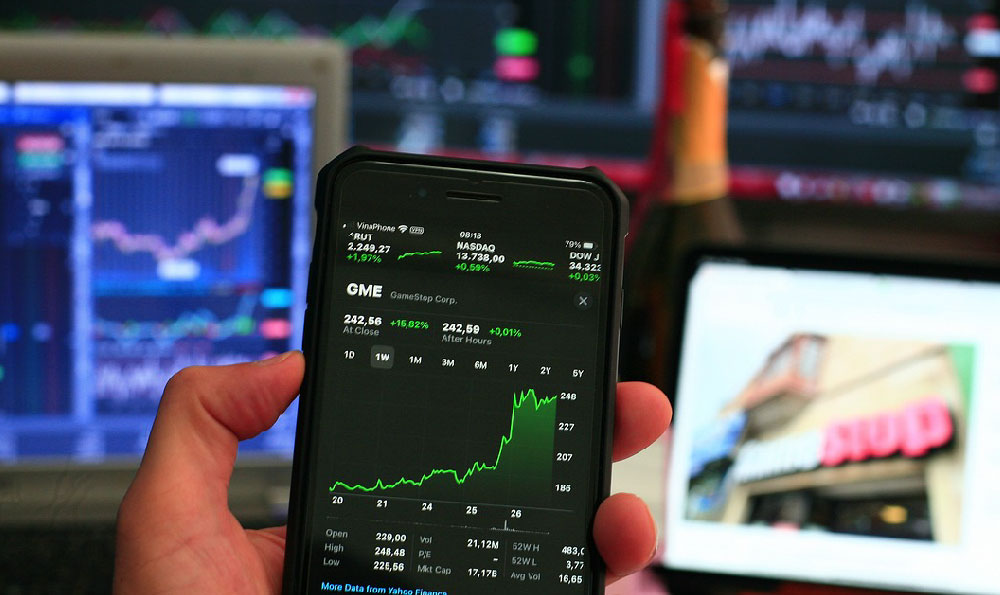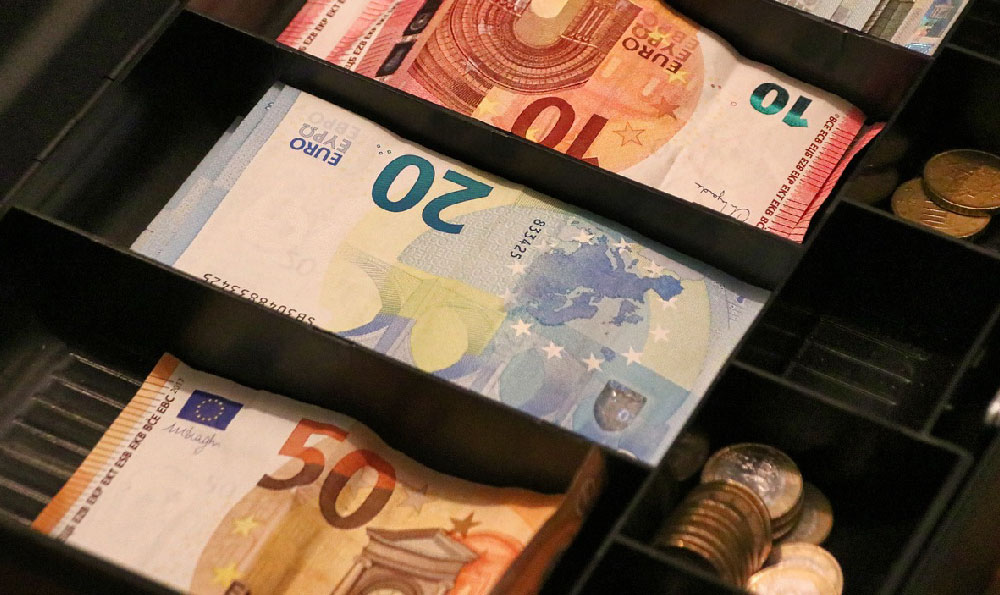Okay, I understand. Here's an article addressing the monetization of Telegram, aiming for depth, comprehensive coverage, and a persuasive, engaging style, while adhering to your specific constraints:
Telegram, the encrypted messaging app lauded for its privacy and robust features, has garnered a massive global user base. This vast audience naturally sparks the question: can Telegram be effectively monetized, and if so, what strategies are available to achieve this goal? The answer is a nuanced yes, with numerous avenues offering varying degrees of success and potential risks.
The most straightforward approach to Telegram monetization lies in building and leveraging a substantial channel or group following. Think of these as digital communities centered around specific interests. Once a critical mass is achieved – often considered to be several thousand active and engaged members – opportunities begin to emerge. One of the most common methods is affiliate marketing. This involves promoting products or services from other companies and earning a commission on each sale generated through unique referral links shared within the channel. The key to success here is relevance. Promoting irrelevant or low-quality products will quickly erode trust and damage the channel's credibility, ultimately leading to a decline in engagement and a reduction in earning potential. Thoroughly researching and vetting potential affiliate partners is paramount.

Another, often more lucrative, option for channel owners is selling their own products or services directly to their audience. This can range from digital products like e-books, online courses, or premium content to physical goods, depending on the channel's niche. Building a strong brand identity and establishing yourself as an authority within your chosen field is crucial for this strategy to work. Users are more likely to purchase from someone they trust and perceive as knowledgeable. Offering exclusive discounts and promotions to channel members can further incentivize purchases.
Beyond these more conventional methods, some Telegram users explore more unconventional, and sometimes ethically questionable, avenues for monetization. Selling Telegram accounts with established follower bases is one such practice. This market exists, but it's fraught with risks. The value of a Telegram account depends heavily on the quality and engagement of its followers. Accounts with a large number of fake or inactive followers are virtually worthless. Furthermore, the new owner of the account runs the risk of losing followers due to a change in content or the perception that the account has been compromised. From the seller's perspective, there's always the risk of being scammed or facing repercussions from Telegram if the sale violates their terms of service.
The monetization of bots within Telegram presents another intriguing landscape. Telegram bots are automated programs that can perform a wide range of tasks, from providing customer support to delivering news updates. Developers can monetize their bots by offering premium features or subscriptions that unlock additional functionality. For example, a bot that provides stock market alerts could offer a free version with limited information and a paid subscription for real-time data and advanced analysis. Another approach is to integrate advertising into the bot's functionality, but this must be done carefully to avoid being intrusive or annoying to users. A poorly implemented advertising strategy can quickly drive users away.
Then, consider the option of accepting donations from channel members. This is particularly relevant for channels that provide valuable content or services for free. Setting up a donation link or integrating a payment gateway into the channel can allow users to support the channel's creator directly. This approach is most effective when the channel has a loyal and appreciative audience who are willing to contribute financially. Transparency is key here. Clearly communicating how the donations will be used can help to build trust and encourage users to contribute.
A further, often overlooked, element in Telegram monetization is the ethical consideration. While Telegram's decentralized nature and strong encryption provide users with a high degree of privacy, it also means that the platform can be used for illicit activities. Participating in or promoting illegal or unethical activities on Telegram can have serious legal and reputational consequences. It is essential to adhere to all applicable laws and regulations and to maintain a high standard of ethical conduct. This includes avoiding the spread of misinformation, protecting user privacy, and refraining from engaging in any form of harassment or discrimination.
The future of Telegram monetization is likely to evolve as the platform continues to grow and develop. The introduction of new features and functionalities will undoubtedly create new opportunities for monetization. For instance, Telegram's recent push into blockchain technology and cryptocurrency could pave the way for innovative monetization models based on decentralized finance (DeFi) and non-fungible tokens (NFTs). However, these developments also bring new challenges and risks that must be carefully considered.
In conclusion, while Telegram offers a range of possibilities for monetization, success hinges on careful planning, strategic execution, and a strong commitment to ethical practices. Building a genuine community, providing valuable content, and maintaining transparency are essential ingredients for long-term success. The most effective monetization strategies are those that align with the channel's purpose and the audience's needs. Ultimately, the key to unlocking Telegram's monetization potential lies in providing real value to its users. Blindly chasing profits without considering the user experience will invariably lead to failure. The path to successful Telegram monetization is a marathon, not a sprint, requiring patience, persistence, and a deep understanding of the platform and its audience.










